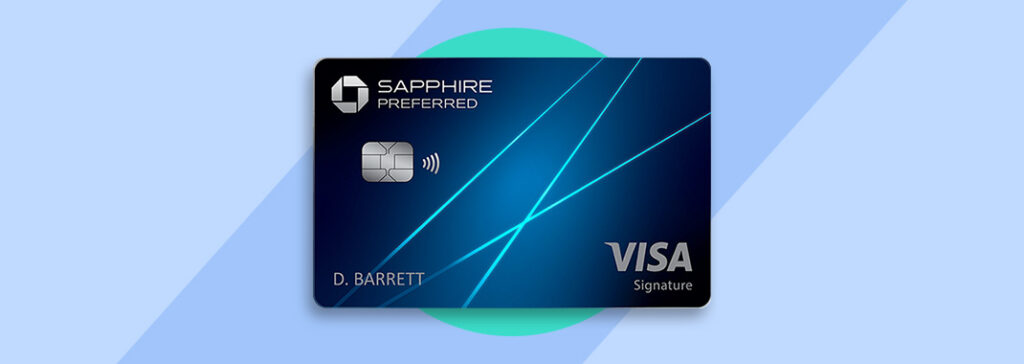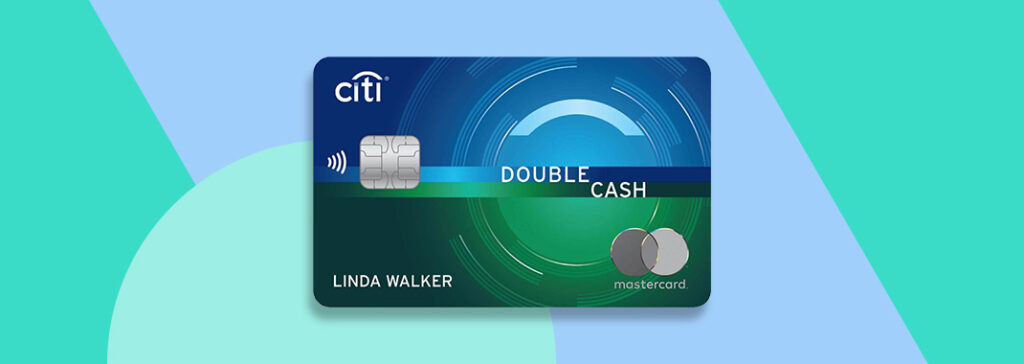Most products on this page are from partners who may compensate us. This may influence which products we write about and where and how they appear on the page. However, opinions expressed here are the author's alone, not those of any bank, credit card issuer, airline or hotel chain. This page may include information about American Express products currently unavailable on Slickdeals. American Express is not a partner of Slickdeals.
In the past, investing in stocks and other securities was difficult unless you had a lot of money. You could invest in various funds through your employer-sponsored retirement plan or individual retirement account, but if you wanted to open one a brokerage accounts, you'd be met with minimum opening deposit requirements and commissions every time you traded.
Back then, if you were interested in buying individual stocks, you'd need enough money to buy a full share, which can be challenging with some stocks. For instance, Amazon's stock is trading above $3,200 per share at the time of this writing.
Fortunately, the landscape of the financial services industry has changed, and some of the best brokerage accounts make it easier than ever to invest with any amount of money.
How to Invest With Little Money
In the past decade or so, there have been a couple of changes that have democratized investing for all.
Commission-Free Stock Trades
In the early 2010s, a handful of new brokers, such as Robinhood, came onto the scene offering commission-free trading. Instead of charging a commission of $5 or $10 (and sometimes more) every time you complete a trade, which eats into your gains, most major brokers now allow you to trade most securities, including stocks, without a fee.
In the past, trade commissions have made it difficult for many to trade regularly, especially those who weren't trading large volumes of shares. Now, it's possible to trade any amount of stocks for free.
Fractional Shares
The second significant change is the widespread acceptance of fractional shares. As the term suggests, a fractional share gives you a portion of ownership in a company's stock or an exchange-traded fund (ETF), which is a collection of securities that you can purchase on a stock exchange.
The idea of fractional ownership in a business isn't new, and fractional shares of stocks have been around since the late 1990s. In recent years, though, they've become more popular, and now some major brokers like Charles Schwab offer them.
As an example, let's say you want to buy Amazon stock, but don't have thousands of dollars lying around to purchase one whole share. Instead of purchasing one share for roughly $3,200, you can purchase 0.03125% of one share for $1.
In terms of gains, you'll still get the same rate of return as you would if you own a full share. But in real dollars, your gains will be proportionate to your investment. For instance, if the stock goes up 20%, you'll have $1.20 instead of $3,840.

11 Ways to Invest $100 for Beginners (and Grow It to 6 Figures)
Where You Can Invest With $5 or Less
Most online brokers offer commission-free trading nowadays. But fractional shares are still growing in popularity, so not all brokers offer them. Here's a list of some of the larger brokers that offer both fee-free stock trading and fractional shares, most with a $1 minimum investment:
- SoFi Invest
- M1 Finance
- Stash ($5 minimum)
- Robinhood
- Public
- Charles Schwab (stocks only; $5 minimum)
There are other brokers, including Stockpile and Interactive Brokers, that also offer fractional shares, but they charge fees when you make trades — although their fees are relatively low, so it may still be worth considering them if you can afford it.
Use Slickdeals guide to the best brokerage bonuses to earn free stock or cash when opening a new brokerage account.
What to Consider Before You Begin Investing
Commission-free trades and fractional shares have made it easier than ever to invest in your favorite companies and ETFs. But regardless of how much money you're putting in the market, it's crucial that you exercise caution.
Focus on more important financial goals first
You can really start investing in stocks anytime you want, but you'll likely benefit more in the long run if you focus on other financial goals first. Examples include:
- Emergency fund: Setting some money aside in one of the best online savings accounts can help you avoid financial challenges when you experience a rainy day. Experts recommend at least three to six months' worth of expenses, but save based on your comfort level.
- High-interest debt: If you have high-interest debt, such as credit cards, you'll likely benefit more by paying those balances off than if you were to invest in the stock market.
- Retirement: Before you start investing to accumulate wealth now, work on setting yourself up for retirement. Many employers offer 401(k) contribution matches, which essentially offer an immediate return of up to 100%.
There's no single best way to approach your financial goals, and it's possible to work toward all of them at the same time. Consider your situation and goals to determine the right strategy for you.
Practice wise investing habits
Again, it doesn't matter how much money you're investing in the stock market. Here are some best practices to use as you determine how to invest your money.
- Do your research: Before you purchase a stock, take some time to research the company to determine if it's a good investment. Many brokers offer a variety of tools and resources to help with this. Additionally, services like Investors Underground and Motley Fool can help you get started. You can also learn about individual companies via the news and investment-related websites.
- Avoid trying to time the market: There are many different factors that influence the price of a stock or ETF, so it's impossible to know exactly when the best times are to buy and sell. Trying to time the market will likely do more harm than good.
- Diversify: Diversifying your portfolio involves buying different types of stocks and other securities, so your exposure to any one stock isn't too great. One easy way to diversify is to purchase fractional shares in ETFs, which do the work of diversification for you. You can also purchase ETFs for non-stock securities, which can provide even more diversity in your portfolio.
- Invest without emotion: The stock market is in a constant state of fluctuation, often daily. Instead of making your trade decisions based on fear or excitement about the direction a stock price is going, create a plan based on your goals and stick to it.

Bitcoin: Pros and Cons of Cryptocurrency Investing
Bottom Line
Investing can be an exciting experience, and it's easier to do it now without having a lot of money. Regardless of how much you invest, though, take the time to understand how to invest responsibly.











